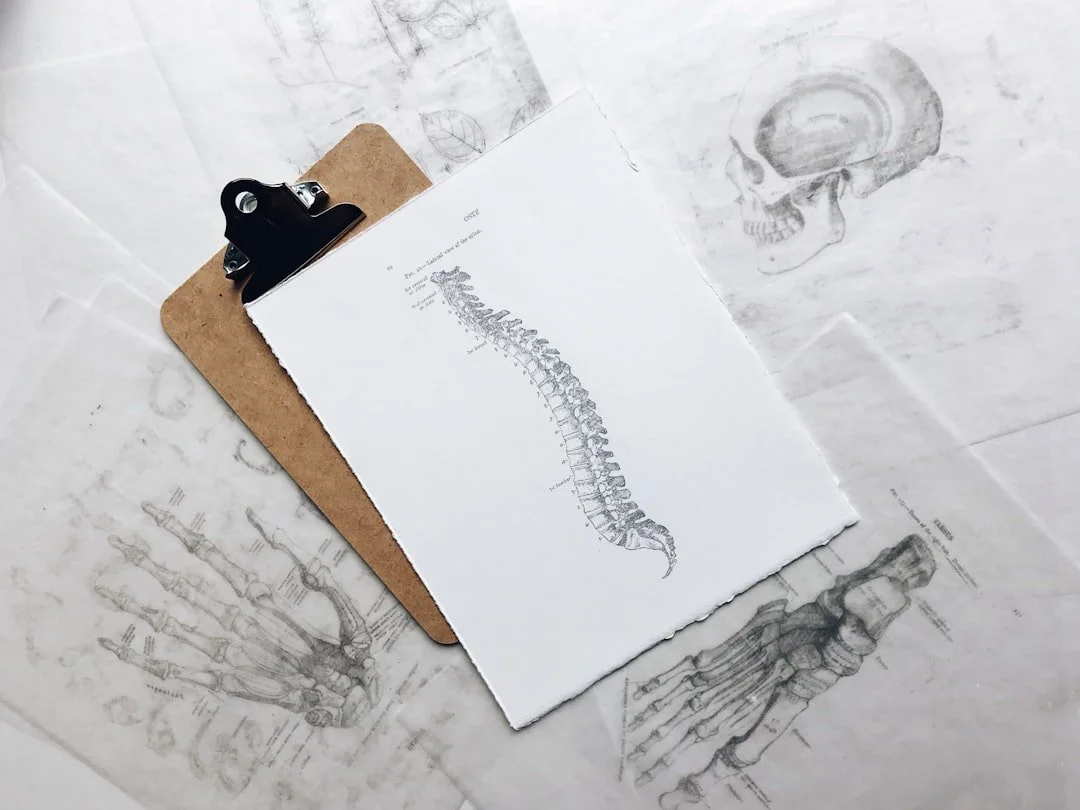Pediatric and Family Chiropractic Care in Petaluma, CA for Epilepsy Support
For families navigating epilepsy, regulation and resilience matter. At Titan Chiropractic, our care focuses on the nervous system—supporting calmer autonomic balance, brain–body communication, and comfort—so kids and adults can move through daily life with more ease alongside their neurologist’s plan.
Seizure disorders involve abnormal bursts of electrical activity in the brain. While medical management remains central, many families look for complementary, drug-free ways to support the nervous system’s stability between episodes—especially sleep, stress regulation, and recovery. Gentle chiropractic adjustments aim to reduce stress inputs (subluxations) and encourage steadier autonomic balance.
- Stress, fatigue, and sleep disruption surrounding episodes.
- Sensory overload and difficulty self-regulating.
- Family worry and daily routine interruptions.

How Chiropractic Care Can Support Nervous System Stability
The autonomic nervous system (ANS) influences arousal, stress responses, and cortical excitability. Chronic stress patterns can push the system toward instability—poor sleep, heightened reactivity, and fatigue. By restoring motion and reducing subluxation-related irritation, adjustments help the nervous system shift toward calmer balance, potentially supporting rest, recovery, and day-to-day regulation between episodes.
- Encourages parasympathetic (calming) activity and recovery.
- Supports clearer brain–body communication and sleep quality.
- Complements neurologic care with a gentle, non-drug approach.

Understanding Epilepsy in Daily Life
Families often describe waves of worry around triggers, sleep loss, or transitions. Even between episodes, the body may feel stuck in high alert, making rest, learning, and social time harder. Chiropractic fits as a complementary strategy that focuses on the neuromusculoskeletal system’s role in regulation—helping the body access calmer states more readily while you follow your neurologist’s plan.
- Emotional ups and downs tied to disrupted sleep and stress.
- Fatigue that impacts school, work, and family life.
- Desire for gentle, supportive care between medical visits.

Subluxations and Autonomic/Neural Regulation
- Restricted spinal segments can add “noise” to neural signaling and stress responses.
- Heightened sympathetic tone may worsen sleep and recovery between episodes.
- Adjustments support clearer signaling and calmer autonomic balance.
Picture the nervous system as a soundboard. If some sliders are jammed high, the whole track distorts. Adjustments help free those sliders so the system mixes calmer, steadier “levels” throughout the day and night.
Potential Benefits Families Often Report
- Calmer days with improved sleep quality and recovery.
- Less overall stress reactivity and easier self-regulation.
- Greater confidence in daily routines alongside medical care.
Scientific Evidence Related to Chiropractic, Autonomic Balance, and Epilepsy
The literature includes neurologic reviews on autonomic mechanisms (like vagus nerve pathways) and case reports describing changes during chiropractic care. These publications explore potential mechanisms and patient-reported outcomes and encourage further controlled research.
Clinical Report on Chiropractic Care in Patients with Seizure Disorders
A clinical report detailing improvements noted by patients with seizure disorders during courses of chiropractic care, with authors recommending additional controlled trials to clarify mechanisms and effectiveness.
Review: Vagus Nerve and Epilepsy Modulation (Open-Access Neurology Review)
A comprehensive review of vagus nerve pathways, autonomic modulation, and their role in seizure control—mechanisms relevant to chiropractic’s nervous-system-centered approach.
Pediatric Case & Literature Review: Chiropractic Care and Seizures (2024)
A pediatric case report and selective review describing changes in seizure frequency and quality-of-life measures during chiropractic adjustments, emphasizing the need for rigorous future research.
Our Approach at Titan Chiropractic
We review your neurologist’s guidance, triggers, sleep patterns, and goals so care fits safely alongside your plan.
We check posture, spinal motion, and stress patterns affecting autonomic balance, sleep, and regulation.
Care is precise and calming—tailored to support clearer signaling and steadier autonomic tone.
We monitor sleep quality, stress reactivity, and daily function between visits, coordinating with your medical team.
Frequently Asked Questions About Epilepsy & Chiropractic
How can chiropractic support families living with epilepsy?
By reducing subluxations and easing autonomic stress, chiropractic care supports calmer nervous system states, better sleep, and more consistent daily regulation—complementing your neurologist’s plan.
What does a typical visit look like?
Visits are calm and predictable. We use gentle, specific adjustments tailored to age and comfort, with clear explanations and space for questions.
Can chiropractic coordinate with neurologic care?
Yes. We’re a complementary approach and encourage collaboration with your neurologist to keep care aligned and safe.
What improvements do families often notice between episodes?
Smoother sleep, easier self-regulation, less daily stress reactivity, and more confidence with routines and activities.
Is pediatric chiropractic safe?
Yes. Techniques are age-appropriate and gentle. We proceed at a comfortable pace and prioritize consent and safety at every step.
Looking for gentle, nervous-system support alongside your neurologist’s plan?
Schedule your first visit in Petaluma and explore how chiropractic may support calmer regulation and better rest between episodes.
Schedule nowDisclaimer: We do not diagnose or treat conditions, diseases, or symptoms. Our care is centered on improving the neuromusculoskeletal system by addressing spinal subluxations and the subluxation complex. Any improvement in overall health or function is the natural result of restoring proper spinal alignment and supporting the body’s innate ability to heal itself. For medical diagnosis or treatment, please consult a licensed medical professional.
